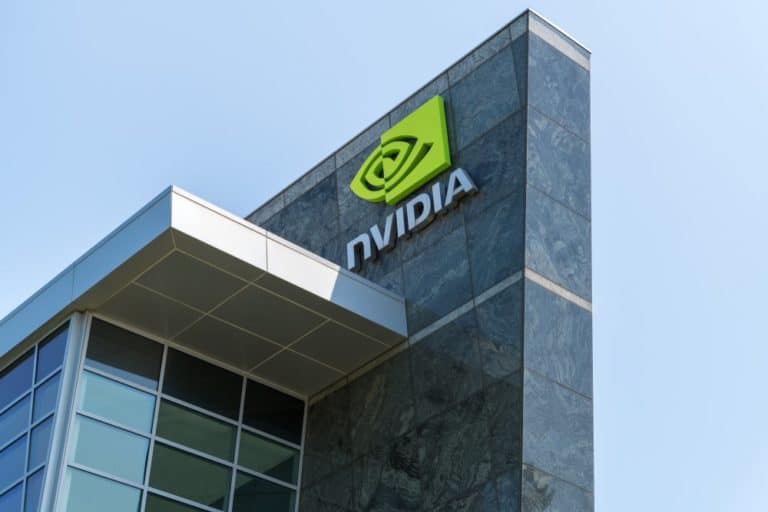ARM and NVIDIA’s CEO addressed the controversial deal in which NVIDIA purchased ARM for $40 billion. They say “this merger will be beneficial for many industries”, contrary to what NVIDIA’s rivals believe.
Reasons the deal is good for the industry
Simon Segars, CEO of ARM, and Jensen Huang, CEO of Nvidia, discussed the benefits of the deal. Nvidia purchased ARM in September for a whopping $40 billion but is still waiting for approval. They say that this will be beneficial for many industries.
ARM CEO Segars said they were met with overwhelming demands that they did not have the resources to complete. He explained that these days they are looking at things that can be done in a day and no more than that.
Segars explained: ” We’ve just got way more to do than people to do it. That’s always been the case, but right now, it’s more so than ever. The range of products that our licensees want to build is growing and growing. What they’re asking from us is increasing and increasing because of the complexity going up. There’s no way that we could do it on our own.”
Nvidia also chimed in that even though the deal was criticized, it will be providing ARM the resources it needs to create a richer IP portfolio to help cool applications be delivered successfully.
Why is this controversial?
Many major companies rely on ARM’s IP services and were outraged that one of their direct competitors, NVIDIA, bought the company entirely. Tech companies like Qualcomm, Intel, AMD, Xilinx, and other users of ARM technologies belong to the same industry as Nvidia.
The Competition and Markets Authority in the UK also shared their issues with this deal regarding national security.
Rene Haas, IP Products Group President in Arms, announced in October that there will be a firewall between them and Nvidia and that they will not be giving early access to them. However, later Haas admitted that they would have to share specific info with Nvidia if their significant customers moved to ARM’s open-source competitor RISC-V.
Arm might not have any other option than to disclose information because companies, including Xilinx, are already threatening lower sales because of the deal. This would be financially hurtful to NVIDIA.
Why ARM and Nvidia think it is beneficial
Huang solidified the fact that they would both work independently but complementarily to each other. Huang kept reiterating that this merge would help ARM increase innovation, as they will scale their work. “The benefit to the market and ARM customers is going to be more IP, better IP, more accelerated road maps and hopefully taking ARM to the far reaches of the diversity of computing that is literally going in every single direction. The breadth of computing today is gigantic. The way that people want to use computers is different, the way that people want to design computers is different.”
ARM, according to Huang, would be allowing Nvidia to develop specialized computers which will be supporting the industry of customized computers and give it more scale and speed.
